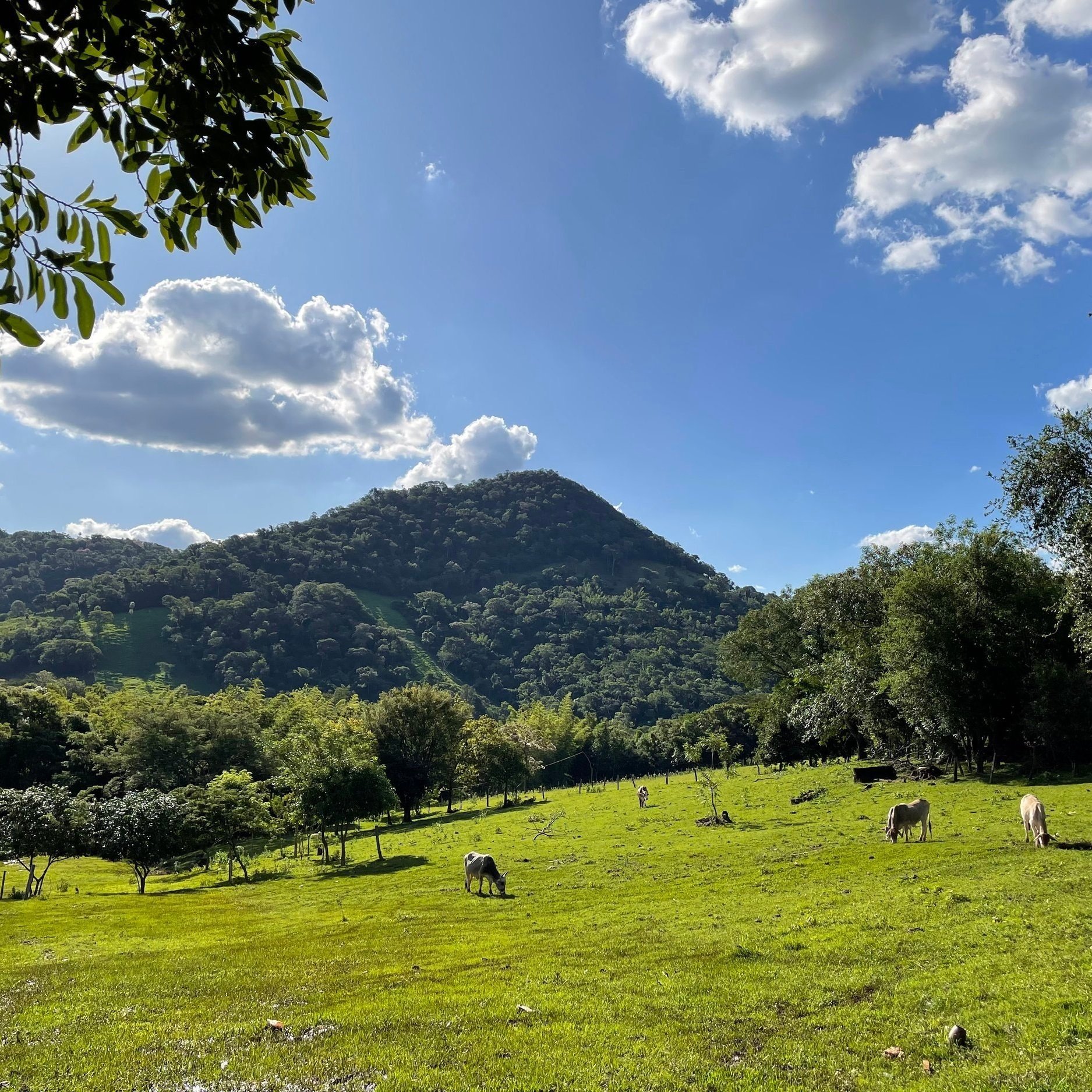Partnering to Expand Neurosurgical Care in Paraguay
This week, as we launch our third neurosurgical mission trip to Paraguay, we celebrate the strengthening of bonds of trust and understanding developed over the past months and years with our Paraguayan colleagues, despite the persistent threat of the pandemic to keep us physically apart. We are especially inspired by the dynamism of neurosurgeon Dr. José Kuzli, who has proven to be a humble but determined leader with a clear vision for improving neurosurgical care for the patients he serves at the largest public hospital in the country. As Director of the Neurological Service at the Hospital Nacional de Itauguá and President of the Paraguayan Neurosurgical Society, Dr. Kuzli has an intimate grasp of what needs to happen to strengthen neurosurgical systems in his country. It is an honor for the Neurosurgery and Neurology Institute (NNI) of Solidarity Bridge to support these health priorities with the Paraguayan neurosurgical community.
In 2021, Dr. Kuzli asked the NNI to collaborate in two exciting projects: 1) establishment of the country’s first micro-surgical skills training laboratory, and 2) strengthening of the national response to stroke and cerebrovascular disorders. These projects fit well with the NNI mission to mobilize resources for training and equipping. They also align with global neurosurgical priorities. According to a 2019 Lancet study,* stroke remains the world’s second-leading cause of death and the third-leading cause of death and disability combined. As NNI president Dr. Richard Moser notes, “There is no area of modern medicine in which innovation is playing a greater role than in stroke care. Remarkable medical innovations in stroke care over the last several years have had profound and immediate benefits to patients. It is now possible to extract a blood clot from a blood vessel in the brain that is causing a stroke. This completely restores normal blood flow and avoids the devastating effect of a stroke producing disability. These advances allow the patient to recover fully and quickly. The question is how we can make this accessible and affordable in Paraguay. All people should have the opportunity for this type of remarkable intervention.”
U.S. missioner Dr. Deepak Sharma reviews neuro-anesthesia protocols with anesthesiologists at Itauguá Hospital. April 21, 2022.
The new microsurgery skills laboratory will provide a space for motivated surgical residents to practice advanced techniques that can ultimately be applied to cerebrovascular disorders in a surgical setting. To that end, our mission team hand-carried operating microscopes, stereo microscopes, and other supplies to begin equipping the lab space. In addition, this week Dr. Moser and Solidarity Bridge staff Maria Eugenia Brockmann and Lindsay Doucette will finalize an agreement to tap into additional resources and collaboration from the Catholic University Medical School in Asunción for the establishment of the skills lab.
This trip to Paraguay is our first to include the participation of US medical missioners in local surgeries. Unfortunately, the cerebrovascular surgeon scheduled to join us, Dr. Nirav Patel of Brigham and Women’s Hospital and Assistant Professor of Neurosurgery at Harvard Medical School, was forced to postpone his travel at the last minute due to an unexpected positive COVID test. Dr. Patel is feeling well, and we hope to reschedule his visit in June. This is a harsh reminder that the pandemic will continue to put roadblocks in our path. At the same time, it further confirms the urgent need to strengthen Paraguay’s national capacities to serve its own citizens.
We are still providing training this week in another key element of neurosurgical care – neuro-anesthesia. This comes at the request of Dr. Kuzli, who notes that capacity-building in the subspecialty of neuro anesthesia will help improve outcomes for all neurosurgical patients. Neuro-anesthesiologist Dr. Deepak Sharma from the University of Washington will meet with the Anesthesia Department at the Itauguá Hospital to provide mentored training to anesthesiologists through participation in three neurosurgeries. We will also discuss plans for ongoing training and development in this subspecialty.
On the outskirts of the Paraguayan capital.
Aside from the above, our agenda for the week is filled with meetings with the Archbishop of Asunción, the national Ministry of Health, the Paraguayan Neurosurgical Society, and the Children’s Hospital of Asunción to develop diverse facets of our partnership.
Paraguay is a country strongly characterized by its land-locked isolation, and this isolation was exacerbated over the past two years by the COVID-19 pandemic. That context has made it especially rewarding to take strides in solidarity with our Paraguayan colleagues – developing and implementing unified plans for mutual collaboration around common goals. At the invitation and under the leadership of our local partners, we are co-creating spaces in which the strengths of all are recognized and engaged in pursuit of the greater good for Paraguayan patients in need.
Stay tuned for more updates in the week ahead.
* https://www.thelancet.com/journals/laneur/article/PIIS1474-4422(21)00252-0/fulltext
Through partnerships and collaborative actions that are measurable and sustainable, the Neurosurgery and Neurology Institute works to build capacity and expertise in Bolivia and Paraguay in order to increase access to safe, affordable and timely health care.
We are committed to alleviating the suffering, death and disability from neurological disorders and injuries that disproportionately impact patients in the countries where we serve.



